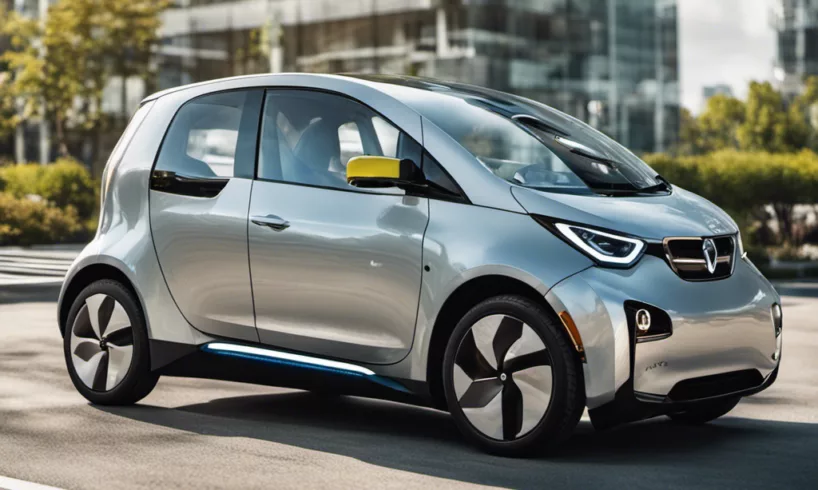
How Electric Vehicles Are Revolutionizing the Automotive Industry
In recent years, there has been a significant shift in the automotive industry towards electric vehicles (EVs). As concerns about climate change and fossil fuel depletion continue to grow, consumers and governments worldwide are embracing the idea of sustainable transportation. The rise of EVs is not only transforming the way we travel but also reshaping the entire automotive landscape. From advancements in technology to the development of charging infrastructure, this article explores the various aspects of this electric revolution.
The Environmental Impact of Electric Vehicles
Electric vehicles offer a cleaner and more sustainable alternative to traditional gasoline-powered cars. By eliminating tailpipe emissions, EVs play a crucial role in reducing air pollution and combating climate change. According to a study conducted by the Union of Concerned Scientists, EVs produce significantly fewer greenhouse gas emissions compared to their gasoline counterparts. As more EVs hit the road, the overall carbon footprint of the transportation sector is expected to decrease, leading to cleaner air and a healthier planet.
Technological Advancements in Electric Vehicles
One of the driving forces behind the growing popularity of EVs is the rapid advancement of technology. Battery technology, mainly, has seen remarkable progress, with lithium-ion batteries becoming more efficient and affordable. This has led to increased driving ranges and shorter charging times, addressing one of the main concerns of potential EV buyers. Additionally, innovations in regenerative braking, lightweight materials, and aerodynamics have further improved the overall performance and efficiency of electric vehicles.
Government Initiatives and Incentives
To accelerate the adoption of electric vehicles, governments around the world have implemented various initiatives and incentives. These include tax credits, rebates, and grants for EV purchases, as well as the development of charging infrastructure. Countries like Norway and the Netherlands have been at the forefront of this transition, with EVs accounting for a significant percentage of new car sales. In the United States, the federal government, along with several states, has introduced policies to encourage EV adoption, aiming to reduce dependence on fossil fuels and promote a greener future.
The Role of Charging Infrastructure
The availability of a robust charging infrastructure is crucial for the widespread adoption of electric vehicles. As EV ownership increases, the need for convenient and reliable charging stations becomes more pressing. Governments, private companies, and utilities invest heavily in expanding charging networks, including fast-charging stations along major highways and urban areas. Furthermore, technological advancements in wireless charging and vehicle-to-grid integration pave the way for a more seamless and efficient charging experience.
The Economic Implications of Electric Vehicles
The rise of electric vehicles has significant economic implications, both positive and negative. On one hand, the EV industry has created new job opportunities in manufacturing, research, and development. As the demand for EVs continues to grow, automakers are investing heavily in production facilities and creating thousands of jobs. On the other hand, the transition to electric vehicles poses challenges for traditional automakers heavily reliant on internal combustion engines. The need to retool factories and develop new technologies has forced some companies to adapt or face potential obsolescence.
The rise of electric vehicles is transforming the future of transportation. With their environmental benefits, technological advancements, government support, and expanding charging infrastructure, EVs are poised to revolutionize the automotive industry. As consumers embrace sustainable transportation options and governments push for decarbonization, the shift toward electric vehicles is only expected to accelerate. While challenges remain, the electrification of transportation offers a promising path towards a greener and more sustainable future.

John Ravenporton is a writer for many popular online publications. John is now our chief editor at DailyTechFeed. John specializes in Crypto, Software, Computer, and Tech related articles.

